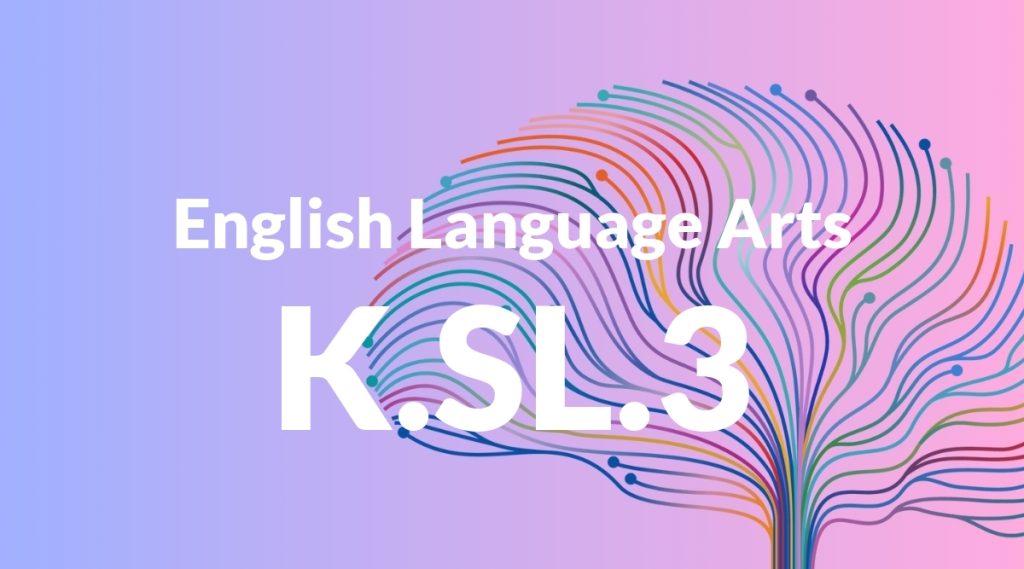Standard: K.SL.3 – Ask and answer questions in order to seek help, get information, or clarify something that is not understood.
Grade level: Kindergarten
Subject: English Language Arts
Domain: Speaking & Listening
Teacher Overview
This standard focuses on developing students’ ability to ask and answer questions to seek help, gather information, or clarify misunderstandings. This skill is crucial for effective communication and is foundational for future academic and social success. Students should be able to engage in simple conversations and understand the basics of turn-taking in discussions.
After mastering this standard, students will be better equipped to engage in meaningful conversations, ask insightful questions, and provide relevant answers, which are essential skills for academic success and social interactions.
Common Misconception 1
Some students may feel that asking questions indicates a lack of knowledge or intelligence. This is incorrect because asking questions is a key part of learning and understanding.
Intervention 1
Create a classroom environment that celebrates curiosity by regularly modeling question-asking behavior and praising students when they ask insightful questions.
Common Misconception 2
Another common misconception is that any response is sufficient, even if it doesn’t address the question. This is incorrect because effective communication requires relevant and thoughtful answers.
Intervention 2
Implement activities where students practice listening to questions and formulating appropriate responses. Use role-playing scenarios to reinforce this skill.
Prerequisite Knowledge
Students should be comfortable with basic conversational skills, such as greeting others and taking turns speaking.
Subsequent Knowledge
Students will develop more advanced questioning techniques and active listening skills, enabling them to engage in more complex discussions and collaborative activities.
Instructional Activities
- Role-playing scenarios where students practice asking and answering questions.
- Interactive read-aloud sessions where students are encouraged to ask questions about the story.
- Group discussions where students take turns asking and answering questions about a shared topic.




